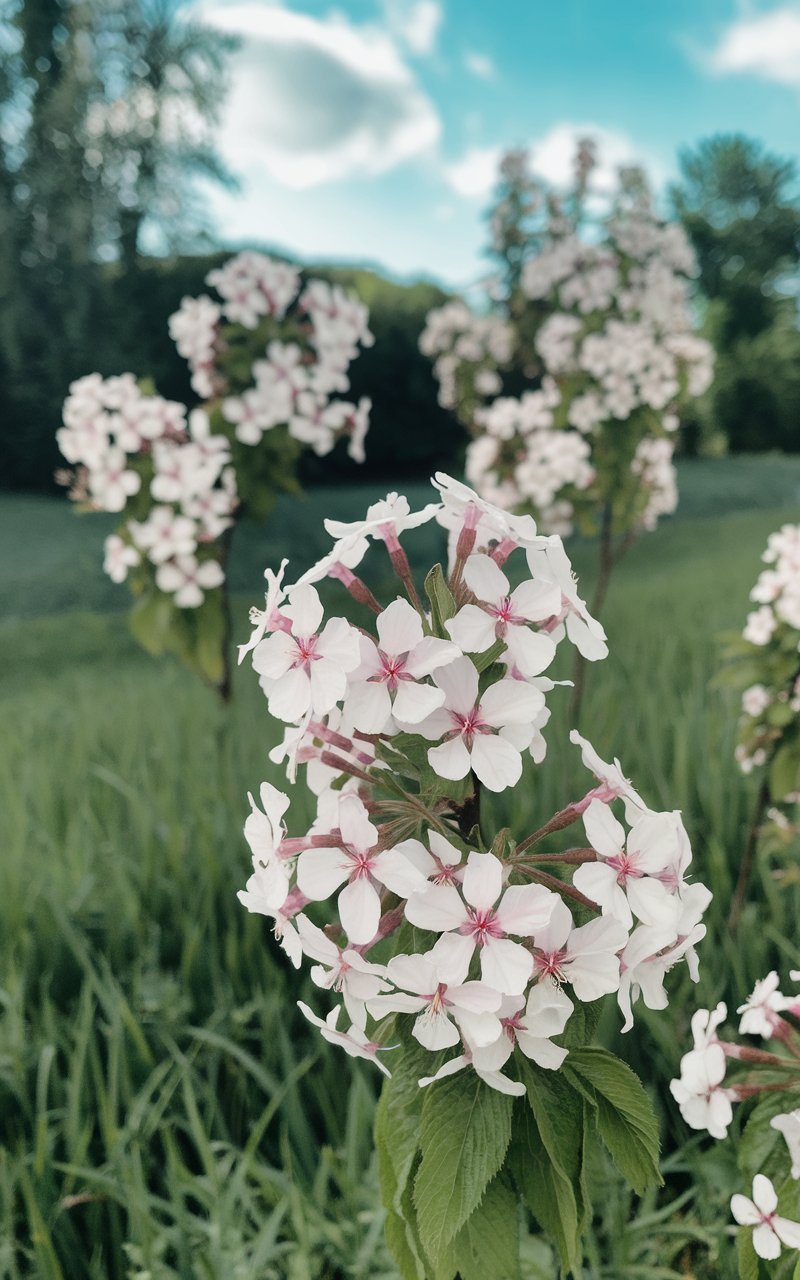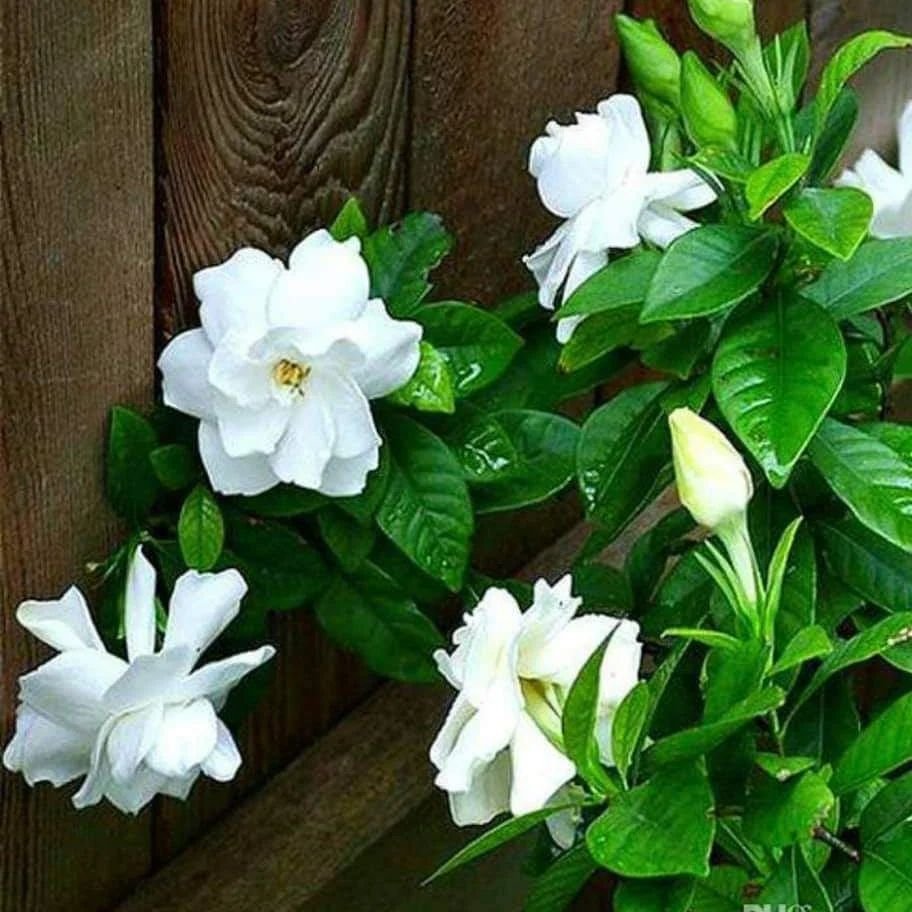Discover the allure of white blossom plants. Learn about popular varieties, growing tips and how to incorporate these elegant flowers into your garden design. Perfect for creating serene and sophisticated outdoor spaces.
White blossom plants are diverse flowering species known for their pure, elegant blooms. Popular varieties include white roses, gardenias and cherry blossoms. These plants generally prefer full sun to partial shade and well-draining soil. Proper pruning, regular watering and fertilization are key to maintaining healthy white blossoms throughout the growing season.
White Blossom Plants

As a horticulturist with over two decades of experience in ornamental gardening, I’m thrilled to share my expertise on white blossom plants. These elegant bloomers can transform any garden into a serene oasis, adding a touch of sophistication and purity to your outdoor space.
Popular White Blossom Plants
Trees

- White Dogwood (Cornus florida)
- White Cherry Blossom (Prunus avium)
- Magnolia (Magnolia grandiflora)
Shrubs

- White Hydrangea (Hydrangea arborescens ‘Annabelle’)
- Gardenia (Gardenia jasminoides)
- White Lilac (Syringa vulgaris ‘Alba’)
Perennials
- White Peony (Paeonia lactiflora)
- Shasta Daisy (Leucanthemum x superbum)
- White Coneflower (Echinacea purpurea ‘White Swan’)
For an extensive list of white-flowering plants, visit the Royal Horticultural Society’s plant database.
Growing White Blossom Plants
Light Requirements
Most white blossom plants prefer:
- Full sun to partial shade
- At least 6 hours of direct sunlight daily
Soil Conditions
Ensure your soil is:
- Well-draining
- Rich in organic matter
- pH balanced (typically 6.0-7.0, but varies by species)
For more information on soil preparation, check out Cornell University’s Soil Health Manual.
Watering
- Water deeply and regularly, especially during dry spells
- Avoid overwatering to prevent root rot
- Consider using a drip irrigation system for efficient watering
Fertilizing
- Apply a balanced, slow-release fertilizer in early spring
- Follow specific fertilization requirements for each plant species
- Avoid over-fertilizing, which can lead to reduced blooming
Pruning and Maintenance
Pruning Techniques
- Prune after flowering for spring-blooming plants
- Remove dead, damaged, or crossing branches
- Shape plants to maintain desired form and size
For detailed pruning guides, visit the University of Minnesota Extension’s pruning page.
Disease and Pest Management
Common issues include:
- Powdery mildew
- Aphids
- Japanese beetles
Implement integrated pest management (IPM) strategies for sustainable control. Learn more about IPM from the EPA’s IPM Principles page.
Designing with White Blossom Plants
Creating a White Garden
- Combine various white-flowering plants for year-round interest
- Use different textures and forms to add depth
- Incorporate silver-leaved plants for contrast
Moonlight Gardens
- Design a garden that shines in the evening
- Include fragrant white flowers like moonflower or night-blooming jasmine
- Add white-variegated foliage for extra brightness
Companion Planting
- Pair white blossoms with blue or purple flowers for striking contrast
- Use evergreen shrubs as a backdrop to highlight white blooms
- Incorporate ornamental grasses for texture and movement
For garden design inspiration, explore the National Garden Bureau’s design ideas.
White blossom plants offer a timeless elegance to any garden. From towering trees to delicate perennials, these pure-hued beauties can create a sense of serenity and sophistication in your outdoor space. Remember to choose plants suited to your climate and growing conditions, and provide proper care to ensure abundant blooms. With the right selection and maintenance, you can enjoy a stunning display of white blossoms throughout the growing season.
For more in-depth information on specific white-flowering plants, consult the USDA Plants Database.
Pingback: White Coneflower : A Complete Guide to Growing and Caring for This Stunning Perennial (2024)